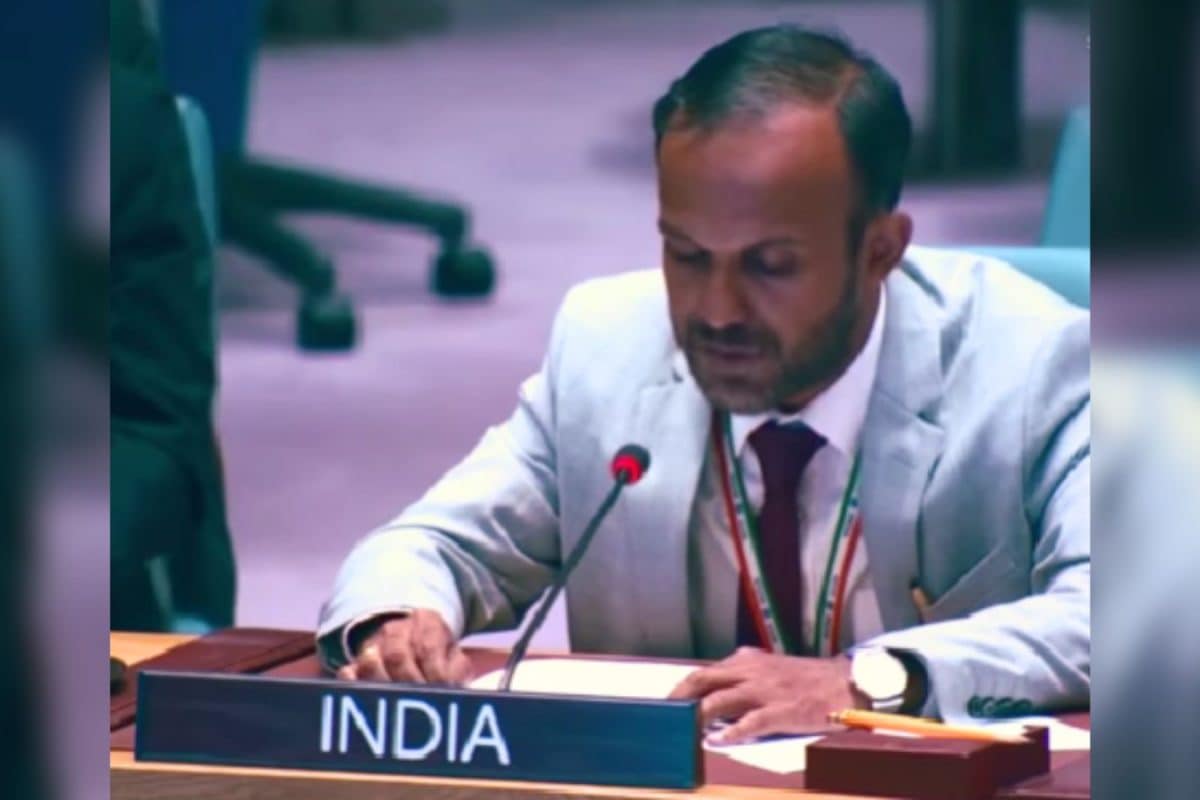

At a recent United Nations Security Council (UNSC) debate on conflict-related sexual violence, India strongly condemned Pakistan's "shameful record" of atrocities, particularly highlighting the events of 1971. Indian diplomat Eldos Mathew Punnoose reminded the international community of the Pakistan Army's sexual violence against hundreds of thousands of women during the 1971 East Pakistan genocide. He asserted that this "deplorable pattern" continues today through abductions, trafficking, forced marriages, domestic servitude, and religious conversions targeting minorities.
Punnoose cited UN human rights reports, alleging that even Pakistan's judiciary validates these crimes, exposing the country's hypocrisy in claiming to uphold justice. He emphasized that perpetrators of sexual violence must be condemned and brought to justice, as these crimes leave lasting scars on entire communities.
The 1971 war, rooted in the Bangladesh liberation movement, witnessed widespread atrocities committed by Pakistani soldiers against Bengali women. This crackdown, known as Operation Searchlight, led to mass protests and ultimately India's intervention, resulting in the creation of Bangladesh. The conflict's human cost was immense, with countless lives lost and numerous women subjected to sexual violence. The "war babies" born from these acts faced immense social stigma and were often abandoned.
India's intervention in 1971 was driven by a combination of factors, including support for the Bangladeshi nationalist movement and concerns over the humanitarian crisis unfolding in East Pakistan. While some scholars debate whether the atrocities constituted genocide, there is broad agreement that the Pakistani army committed severe crimes against humanity.
India has maintained that Pakistan continues its pattern of persecution against religious and ethnic minorities. This assertion comes against a backdrop of ongoing tensions between the two nations, with accusations of cross-border terrorism and human rights violations frequently exchanged.
In response to Pakistan's criticism of a UN report on conflict-related sexual violence for omitting alleged Indian crimes in Kashmir, India has consistently pointed to Pakistan's own history and present-day practices. India has also emphasized the importance of holding perpetrators accountable and providing support to victims of sexual violence in conflict zones.
India's commitment to addressing sexual exploitation and abuse in UN operations is evident through Prime Minister Modi's involvement in related initiatives. The deployment of all-women police units in peacekeeping missions has proven successful in connecting with local communities, addressing gender-sensitive issues, and enhancing the effectiveness of peacekeeping operations.
By raising the issue of sexual violence at the UN, India seeks to draw attention to Pakistan's human rights record and hold the country accountable for its actions. The focus on the 1971 atrocities serves as a reminder of the historical context of the conflict and the ongoing need for justice and reconciliation.